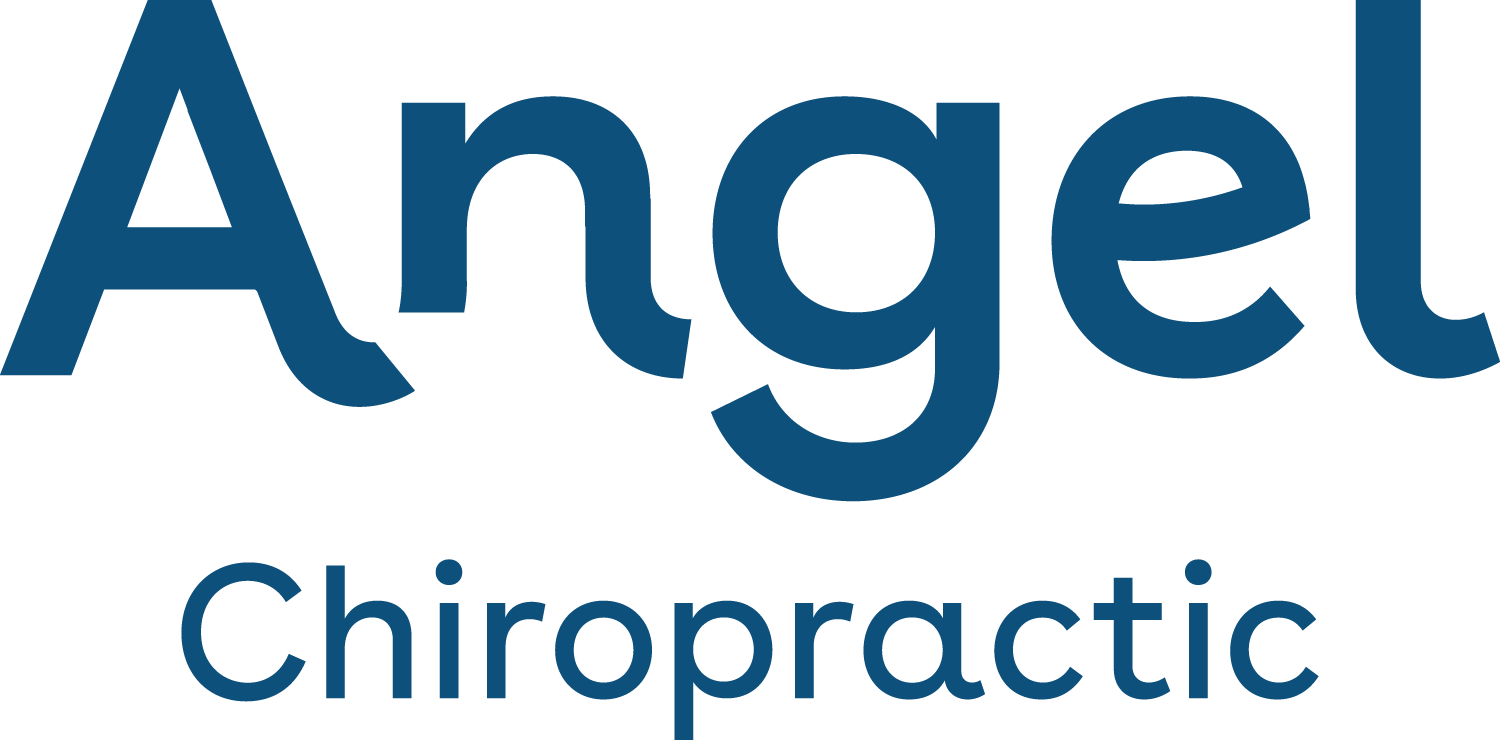Do you have a Trapped Nerve in your Neck?
In most cases when there is a trapped nerve in the neck, and certainly from my experience of being a chiropractor in Islington, the first symptom is just neck pain and maybe some neck and/or shoulder stiffness. This neck stiffness may occur at the end of the day after being at work, conversely, it can be in the morning after a nights sleep. It all depends what the cause is, and there are multiple causes!
Symptoms may include pain stretching up into the back of the head from the neck. There may also be some tightness at the back of the skull, in the area of the sub occipital muscles. This tight muscles can lead a trapped nerve in the neck to be dismissed as an everyday headache or cervicogenic headache.
Eventually, and this is often when we see patients at our Islington chiropractic clinic, when the pain starts to extend across the shoulder and down the arm. In more severe cases this can lead to pins and needles or paresthesia into the hand and fingers. When the pain extends down the arm along the path of a nerve this is called a cervical rediculopathy or as some practice members call it a slipped disc in the neck!
Mild symptoms of a trapped nerve in the neck:
Neck stiffness
Neck pain
Headache
Trouble getting comfortable in bed
Finding it more comfortable to sit with your hand on your head!
Inability to concentrate at work
Pain can come and go
A trapped nerve in the neck can cause a lot of neck pain, and as a chiropractor in Islington I have seen plenty of patients with this problem. Sleeping can be extremely difficult as finding a comfortable position can be almost impossible. Our chiropractic clinic in Islington always stocks some cervical or neck pillows, these are ergonomically shaped to support the curve of the neck whilst keeping the head in a neutral position. I can guarantee these will help you have a good nights sleep!
These pillows can help initially when you have neck pain, but they can also be part of maintaining wellness after the trapped nerve in the neck has been treated. These ergonomic neck pillows can help especially if the neck muscles are in spasm and there is limited movement of the neck, especially rotation, but if you allow your neck to get this bad sleep will be very difficult for the first few days. Best practice is to not let your neck get this bad and seek out care at our Islington chiropractic clinic earlier!
If we are to reduce your stress we need to look for the cause of your trapped nerve.There are a couple of possible causes of a trapped nerve in the neck. The most common cause is a slipped cervical disc or herniated disc or a disc bulge. These occur when the disc in the neck is damaged and the damage is in the vicinity of where the nerve leaves the spine, exiting between the vertebrae from behind the discs. If the disc damage is close to the nerve the nerve can be impinged or trapped.
The extent of the disc damage and the size of the disc bulge will determine how bad the symptoms are. A small disc bulge may just irritate the nerve causing mild problems, but a big disc bulge can trap the nerve and produce more dramatic symptoms. Early symptoms of a disc bulge can include mild tingling, this can progress to excruciating shooting pains and in some cases numbness in specific fingers, and weakness of certain muscles in the arm and hand. Reflexes may be reduced or absent in more severe cases.
Moderate to Severe Symptoms of a Trapped Nerve in the Neck
Severe pain in the neck
Pain on all neck movement
Pain across shoulder
Heavy feeling in arm
Weakness on certain arm movements
Reduced grip strength
Numbness in fingers
Reduced or absent reflexes
Wasting of specific muscles
Headcache
Other causes of a trapped nerve in the neck can be the pinching of the nerve due to arthritis in the neck or cervical spondylosis. Spondylosis is the medical term for ‘wear and tear’, this is another term for arthritis.
You get wear and tear in the neck and in the rest of the spine because the spine is not functioning correctly and this is what chiropractors treat. Chiropractic is about adjusting the spine with specific chiropractic adjustments to make the spine move correctly.
